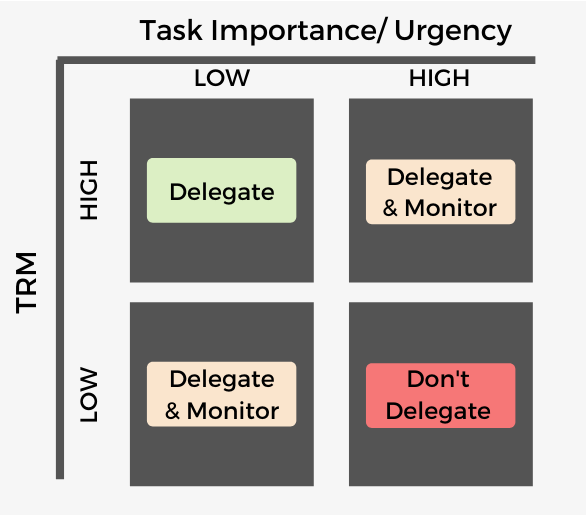Wes Kao's "Managing Up" Framework Gains Traction Among Product Managers with 15 Key Principles

A recent social media post from product management influencer George Nurijanian has brought renewed attention to executive coach Wes Kao's influential "managing up" framework, particularly among product managers. Nurijanian, known for his platform prodmgmt.world, highlighted Kao's 30-minute talk, asserting that it "said the quiet part out loud about managing up" and revealed the strategies managers often employ with their own superiors. The endorsement underscores the growing recognition of "managing up" as a critical skill for career advancement and organizational effectiveness.
Wes Kao, an entrepreneur and executive coach with a background co-founding altMBA and Section4, has extensively championed the concept of "managing up" through her newsletters and courses. Her approach emphasizes proactive communication, strategic influence, and understanding a manager's perspective to foster a more productive working relationship. Kao argues that this skill is not about subservience but about empowering individuals to take control of their career trajectory and contribute more effectively to their teams.
Kao's framework, often distilled into "15 principles for managing up," includes advice such as focusing on the punchline, showing thought processes, flagging potential issues with solutions, and anticipating questions. She stresses that effective managing up involves making it "insanely easy" for managers to provide feedback and make decisions, thereby reducing bottlenecks. This proactive stance helps individuals gain trust and demonstrate their value, ultimately leading to greater autonomy and impact.
George Nurijanian, a Senior Product Manager and founder of prodmgmt.world, frequently shares insights for product leaders. His tweet serves as a strong recommendation for his audience of product managers, suggesting that understanding these "contrarian frameworks" is essential for navigating workplace dynamics and ensuring their work is recognized and valued. The widespread interest in his post indicates a significant demand within the product management community for practical guidance on professional influence and communication.
The renewed focus on "managing up" highlights a broader industry trend towards fostering individual agency and strategic communication within corporate structures. By adopting Kao's principles, professionals, especially those in product management, can enhance their visibility, streamline decision-making, and contribute more meaningfully to their organizations. This approach aims to transform the traditional manager-report dynamic into a more collaborative and mutually beneficial partnership.